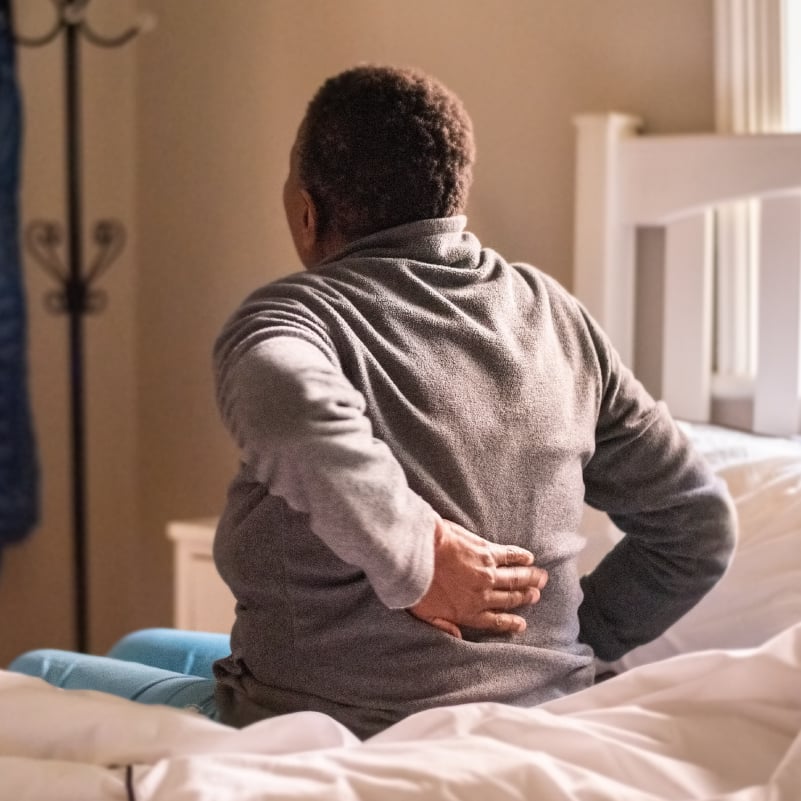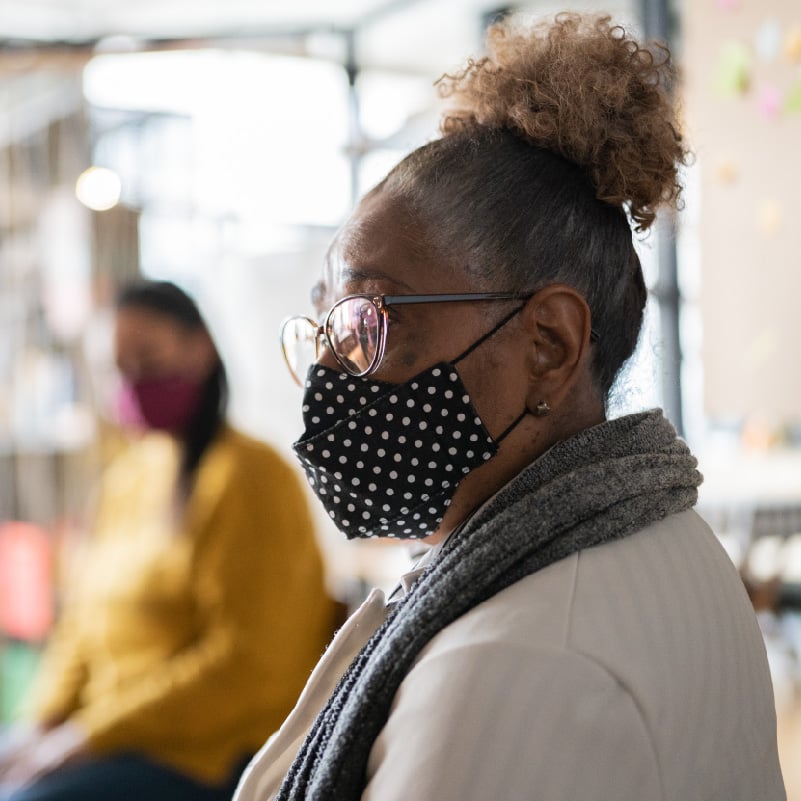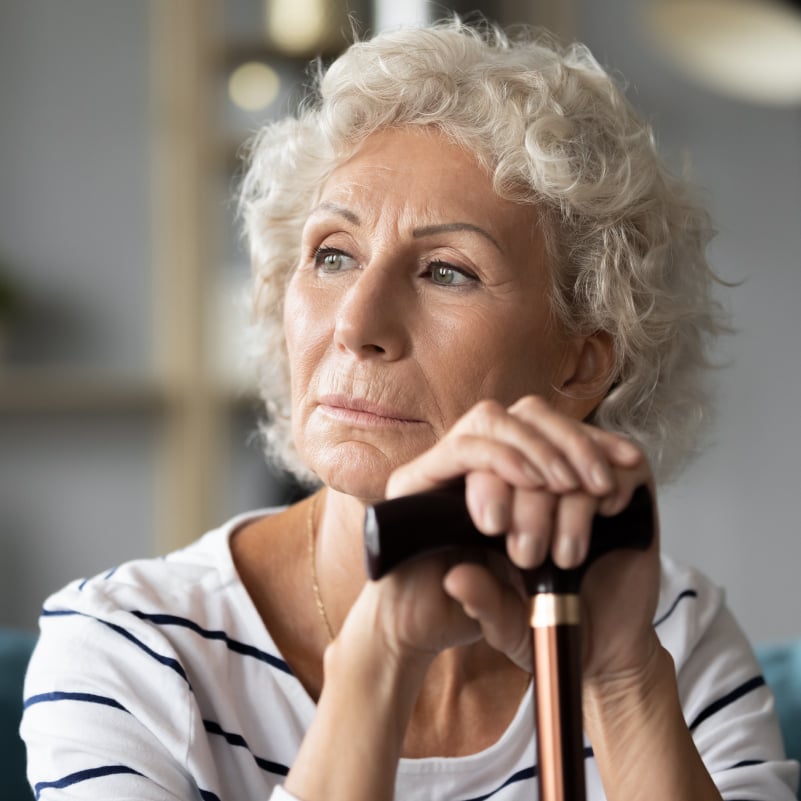For nearly 60 years, moving our clocks forward and backward by one hour has been standard practice. But while one hour may seem like a small change, it does have noticeable and measurable effects on our sleep. It’s for this reason that U.S. states such as Hawaii and Arizona don’t follow the time changes.
James Murray, DO, is a pulmonologist with Rochester Regional Health and sees patients at Unity Pulmonary & Sleep Medicine. He explains how changes in sleep can affect our health and behavior – and how to better adjust to the change.
See What Our Sleep Center Offers
Spring forward, fall back
For 2023, Daylight Saving Time began at 2 a.m. on March 12 and ended at 2 a.m. on November 5. We move our clocks ahead by one hour in March and move them back by one hour in November.
In the spring, the change results in sunlight lasting longer in the evening and sunrises occurring a bit later. The opposite effect is achieved in the fall with earlier sunsets and sunrises happening earlier, as well.
However, when Daylight Saving Time begins in March, studies show people tend to lose sleep and have poorer quality sleep due to disrupted circadian rhythms.
What the body is doing
The body’s circadian rhythms are essentially its internal 24-hour clocks and are timed to match the environmental cycles of light and darkness. When the body begins to wake up, it activates certain functions that it needs in the morning. A similar process happens when the body begins to slow down and prepare for sleep.
When we alter our sleep schedules for Daylight Saving Time, we are altering those circadian rhythms and telling our bodies to do certain things at different times than it expects – such as waking up when our body is still programmed to sleep. As a result, the amount of sleep and the quality of that sleep is more likely to change.
Research suggests changing the body’s sleep schedule by one hour might cause someone to lose sleep for as much as five days the following week.
“Losing sleep affects our decision-making skills, as well as overall thinking and productivity,” Dr. Murray said. “Research also points to elevated short-term risk of more serious health conditions, including heart attacks, car crashes, mental and behavioral disorders, and immune-related diseases.”
Getting ready for the change
There are a few simple adjustments we can make to our schedules in the days leading up to Daylight Saving Time.
Ease into the change: Instead of switching our waking or sleeping schedules all at once, adjust any morning alarms in 15–20-minute increments over the course of a week. Once the time change arrives, our bodies are already used to the new hours.
Avoid caffeine and alcohol at night: Caffeine is a stimulant; consuming it too close to bedtime disrupts our sleep. Alcohol is linked to poor quality sleep, even if it makes people drowsy. Having drinks with either caffeine or alcohol relatively near bedtime can affect our ability to sleep well.
Spend some time outside: Light is shown to increase the body’s release of serotonin and decrease the release of melatonin – hormones that affect feelings of tiredness. Natural light affects our circadian rhythms by helping regulate our sleep schedule; being outdoors can aid that process.
Consistent sleeping hours: Research shows adults should be getting 7-9 hours of sleep each night for their optimal health. Getting into (and staying in) a routine where we have the same waking and sleeping hours creates a necessary balance in our body and mind.
“Consistency is an underappreciated part of sleep,” Dr. Murray said. “Maintaining a relatively regular time when we wake up and go to bed sets our body in a natural rhythm. That rhythm helps our bodies rest, heal, and prepare for everything that will happen the next day.”









